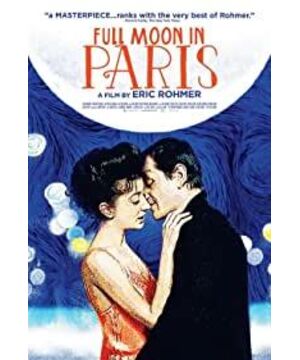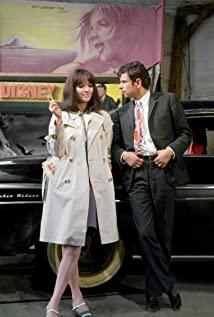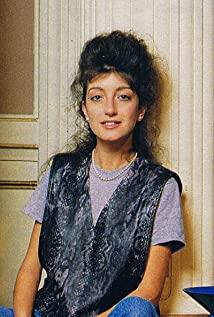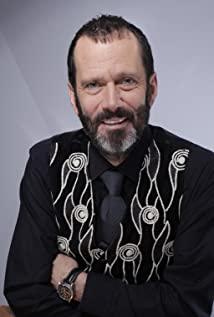Fourth installment in Rohmer’s COMEDIES AND PROVERBS series, in FULL MOON IN PARIS, Louise (Ogier) goes steady with her none-too-gregarious boyfriend Remi (Karyo) as they settle down in the banlieue, yet, spoiling for Paris’ hip nightlife, instead of renting out her small apartment in the city, Louise decides to keep it as a pied-à-terre, where she can spend some weekday nights alone, so that she can both enjoy hanging out with friends in the metropolis but also is not impelled to come home during the wee hours (not to disturb Remy’s slumber).
But Louise cannot have her cake and eat it too, she is over-confident in rationalizing her and Remi’s situation, openly suggesting that their relationship can be terminated if they find someone else whom they love more, only to be hoisted by her own petard, after finally bringing a random guy to her pied-à-terre, Louise has a rude awakening on this night of full moon, that she has finally gotten over with meaningless sex, and it is Remy, their home in the banlieue beckon her, however, Rohmer makes it clear that it is not just she who has the say-so in this precarious relationship, but at the very least, she has some place to return to when her entire world crumbles down.
Framed with his usual unfussy compositions, adorned by monochromatic appurtenances (duck-egg blue walls, a red sofa, an Ionic column, etc.), plus a miscellany of ‘80s French wardrobe and coiffure that seldom dates, Rohmer’s cerebral indoctrination, nonetheless, is tinged with an indelible whiff of cruelty leveling at a young, attractive woman, at the same time, those male characters around her are portrayed with either elliptical furtiveness or flagrant nympholepsy. Thankfully, Pascale Ogier, daughter of Bulle Ogier, brings out striking vulnerability and sensibility to Louise, an impression deepened by the sad fact that she passed away shortly after the film’s release due to drug abuse. Her high-pitched voice, direct gaze and petite figure constitute to a candid being to whom we can relate feelingly, Louise might oversell her confidence in the pursuit of some breathing space within a possessive romance, but her denouement is unqualifiedly not her fault, she is better off in a long run, which, courtesy to Karyo’s uncannily vexed looks (his fanatical eyes betray his duplicitousness), not for one second, we are led to believe his Remy is the right one for Louise.
As for Octave (Luchini), Louise’s best friend, who is married but persistently tries to have his way with her, is an exemplar of another pernicious masculinity, a man who befriends a woman whom he finds attractive, though she doesn’t reciprocate with the same physical attraction. Perched in her friend zone, Octave is a crafty fox who holds forth as her confidant, but secretively relishes schadenfreude over Louise’s fix, it is not above him to twist his knife in her wound by relating her a spurious account that further compounds her situation, as long as it facilitates his arrière-pensée, which thankfully, Louise never surrenders herself to. Luchini holds court here too, astute in his faux-solicitousness and utterly beguiling in his urbane baseness.
A few notches down from Rohmer’s jewel in the crown, FULL MOON IN PARIS, for its own worth, can still be construed as a topical cautionary tale to a nubile woman who endeavors to steer her own love life through a murky, treacherous bog, one only wish Rohmer could have been more generous towards Louise, such a tender, defenseless sylph, hardly the sharpest knife in the drawer, how ill-advised it is Octave to whom she returns in the coda!
referential entries: Rohmer’s SUMMER (1986, 8.3/10); PAULINE AT THE BEACH (1983, 7.7/10); THE AVIATOR’S WIFE (1981, 7.6/10).
View more about Full Moon in Paris reviews











